Sustainability Nowby Dav Camras How can you cut down on your a/c bill and still keep a comfortable home? Let me count the ways, and there are many:
0 Comments
Sustainability Nowby Dav Camras Welcome to Fall! Now let’s get our homes ready for the change in season. Given early Fall’s mild weather, it is the best time to work on some of those exterior projects. A bit of early prevention is sure cheaper than repairing water damage later.
So, lets take it from the top; climb up on the roof (or get a young and healthy helper) to check the flashings (the metal stuff) around your vent pipes sticking up out of your roof. If you see any holes, go get some of the roofing tar sold in buckets from a home improvement store. Are there any missing shingles? Rainwater coming in through the roof will always ruin your day, not to mention your pocketbook. And while you’re up there, make sure the chimney hasn’t moved. Don’t laugh, they do, and the holes created or falling brick can be a serious bummer. Sustainability Now by Dav Camras Improving your home's energy efficiency, indoor air quality and water efficiency
doesn't have to break the bank. Below, I have listed several easy options to green your home on the (relative) cheap that should help you to save money on your energy bills. 1. Buy some heavy blackout curtains for your windows and/or doors. Instead of buying new windows with multiple panes or opting for those stylish but not well-insulating blinds, blackout curtains can be found for under fifty dollars and can reduce heat loss/gain by a quarter. That gain, of course, is when you draw your draperies. In addition, if there is no insulation in your walls, the draperies will also act as a layer of insulation trapping the cold air on one side and the warm room air on the other (in the summer the reverse is true). Sustainability Nowby Terry Heller There’s a Movement going on, and the signs are appearing everywhere:
My local County Fair is edging out Fried Twinkies in favor of a cornucopia of fresh mint, peaches, peppers and other exotic California bounty bursting forth from the fairground’s organic garden. The State has even bestowed a grant to triple the size of the garden by next year and start a horticulture program for school children. The local fair is returning to a celebration of its agrarian roots! Sustainability Nowby Terry Heller The future of wilderness camping, hikes and other sustainable outdoor recreation depends on more people adopting the principles of “Leave No Trace” camping. The core principal is that no one should know you’ve been there after you’ve gone. This means no litter, no smoldering fire pits, no ripped up grass, crushed bushes or re-positioned boulders. It also means staying on the marked trail, never picking plants, flowers or berries, and never harming or disturbing wildlife–endangered or not.
Following these simple principles will not only enhance your experience of the wild, but will secure that experience for the next visitor and the next generation. Sustainability Nowby Zan Ronamoff The sustainable food movement is chock-full of vocabulary, organic and biodynamic jostling up against all-natural and eco-friendly. You can purchase produce at a farmers’ market or a co-op, or, increasingly, from CSA operations springing up all over the country. CSA stands for community supported agriculture, and it’s not just a new word—it’s an innovative concept that could be the backbone of a small, regional, sustainable foodsheds.
The way it works is actually pretty simple: instead of buying produce a la carte from a retail operation (one of those grocery stores or farmers’ markets), consumers get their veggies directly from the farmer. They pay a flat fee upfront, and in return they expect to receive a box of assorted goods each week for a set period of time. What is offered and how much varies by farmer—the model has proven so popular that there are now CSAs for everything from eggs and milk to beef, pork, and even oysters!
Rabbi Lawrence Troster, one of the leading thinkers on Judaism and the environment, speaks about climate change as a moral challenge and explores the Jewish duty to work for eco-justice.
Rabbi Troster is a nationally recognized religious-environmental scholar and leader. A co-founder of the GreenFaith Fellowship Program, through which he trained over 40 Fellows from around the country, he has also worked as the Rabbinic Fellow of the Coalition on the Environment and Jewish Life (COEJL), an Adjunct Lecturer at the Jewish Theological Seminary, a Steinhardt Fellow at the Center for Life and Learning, a Program Officer at the Jewish Life Network, and as a rabbi of congregations in Toronto and New Jersey. He is on the editorial board of Conservative Judaism and he has published and lectured widely on theology, environmentalism, liturgy, bioethics, modern cosmology and Judaism. He is a graduate of the University of Toronto and the Jewish Theological Seminary. |
Welcome to the TorahTrek eJournal! Here you will find videos, interviews, articles, photos, and educational materials on the interconnections between Judaism, wilderness, spiritual practice and sustainability. Our goal is to support the spiritual/ethical lives of individuals, enliven and strengthen the Jewish community, and promote a sustainable society living in balance with the earth. Explore the eJournal by clicking on the topics below. Please share these resources with your friends! Topics
All
|

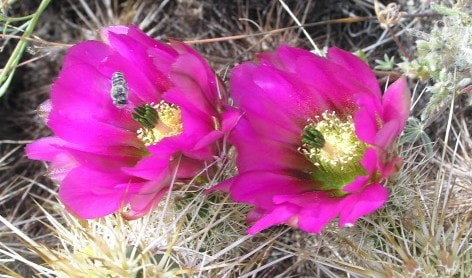
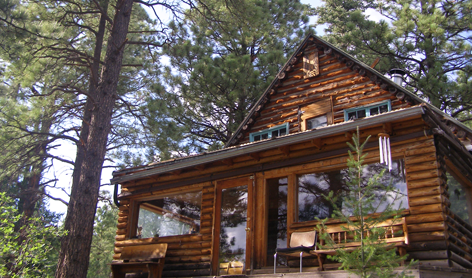
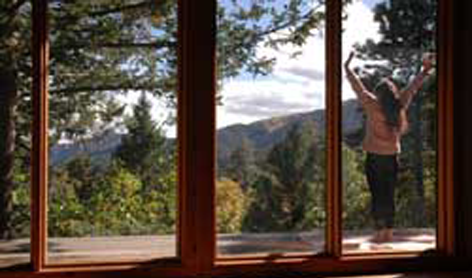
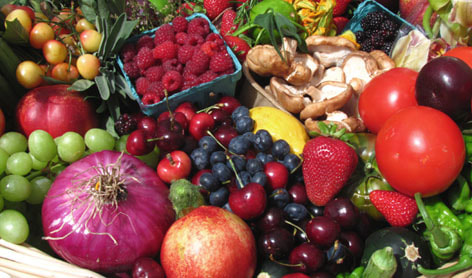
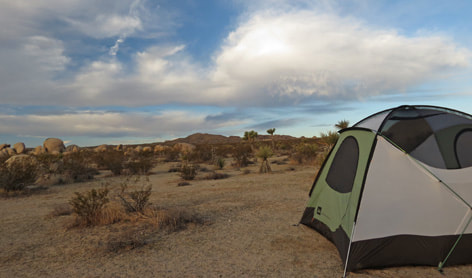
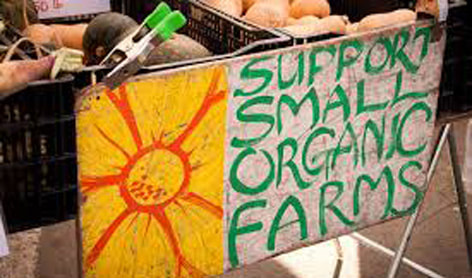
 RSS Feed
RSS Feed